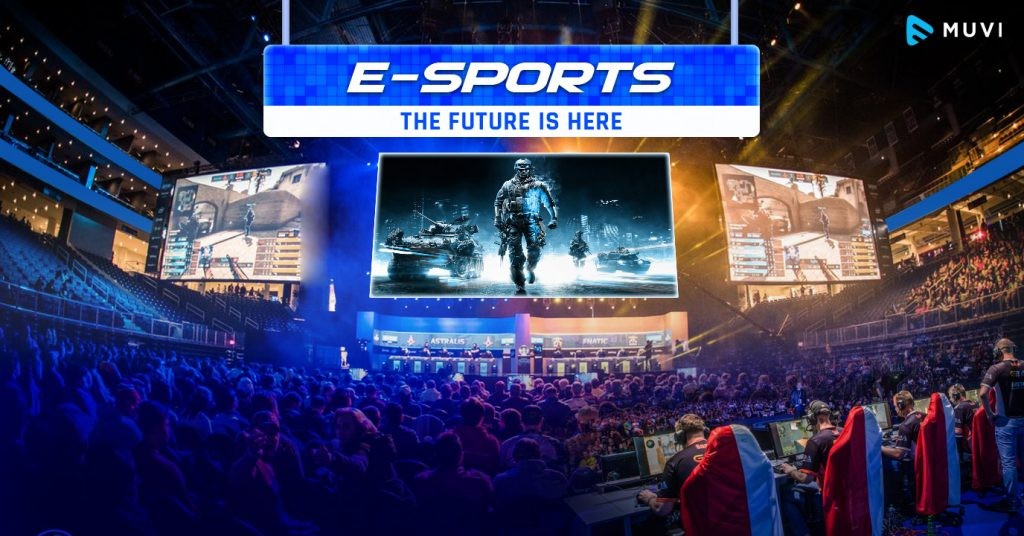
The Business of E-Sports: Sponsorships, Tournaments, and Revenue Streams
Introduction
In recent years, the world of gaming has undergone a transformative shift, evolving from a niche hobby to a multi-billion dollar industry. At the forefront of this revolution is the booming business of e-sports. No longer confined to basements and bedrooms, e-sports has become a global phenomenon with professional players, dedicated teams, and massive tournaments. This article delves into the intricate web of revenue streams that sustain the e-sports ecosystem, focusing on sponsorships, tournaments, and the financial dynamics driving the industry forward.
Sponsorships: Fueling the E-Sports Engine
Symbiotic Relationships
Sponsorships are the lifeblood of e-sports, forming symbiotic relationships between players, teams, and brands. Professional players, often seen as influencers, attract sponsorships from gaming peripherals, energy drinks, and even mainstream companies looking to tap into the lucrative youth demographic. Teams, on the other hand, secure sponsorships to fund player salaries, training facilities, and participation in tournaments.
Brands and Exposure
For sponsors, e-sports offer a unique avenue to connect with a highly engaged audience. The digital nature of gaming allows for precise targeting, ensuring that brands reach their desired demographics. Logos on team jerseys, sponsored segments during live streams, and product placements in gaming arenas contribute to a brand’s visibility, creating a powerful marketing synergy.
Tournaments: The Grand Stages of Competition
The Rise of Mega Tournaments
E-sports tournaments have evolved from small gatherings to grand events that rival traditional sports competitions. Names like The International (Dota 2), League of Legends World Championship, and the Fortnite World Cup are now synonymous with high-stakes, high-energy gaming. These tournaments not only attract massive online viewership but also fill arenas with passionate fans, creating an atmosphere comparable to any major sporting event.
Prize Money and Broadcast Rights
The financial allure of e-sports tournaments is no secret. Prize money for major tournaments often reaches millions of dollars, with winning teams and players becoming instant millionaires. Moreover, broadcast rights contribute significantly to revenue, as streaming platforms and television networks compete for exclusive rights to air these tournaments. The synergy between tournament organizers, sponsors, and broadcasting partners ensures a continuous influx of capital into the e-sports ecosystem.
Revenue Streams: Beyond Tournaments and Sponsorships
Merchandising and Content Creation
E-sports teams capitalize on their brand by venturing into merchandising. From team jerseys to custom gaming peripherals, fans are eager to display their allegiance, and teams are more than happy to meet this demand. Additionally, content creation through platforms like YouTube and Twitch has become a lucrative venture for players and teams alike. Ad revenue, donations from fans, and brand partnerships further diversify revenue streams.
Franchise Models
Some e-sports leagues have adopted franchise models, mirroring traditional sports structures. This involves selling franchise spots to team owners, providing stability and long-term investment prospects. Franchise fees, sponsorships, and revenue sharing from league-wide endeavors contribute to the financial sustainability of these leagues, fostering a sense of permanence in an industry often associated with rapid change.
Conclusion: E-Sports as a Global Economic Force
As e-sports continues its meteoric rise, the business aspects surrounding it become increasingly sophisticated. Sponsorships, tournaments, and diverse revenue streams have elevated gaming from a pastime to a global economic force. The fusion of technology, entertainment, and competition has birthed an industry where virtual battles translate into real-world financial success, creating a fascinating landscape for investors, players, and fans alike. As we look to the future, the business of e-sports seems poised for even greater heights, promising new opportunities and challenges for those involved.






